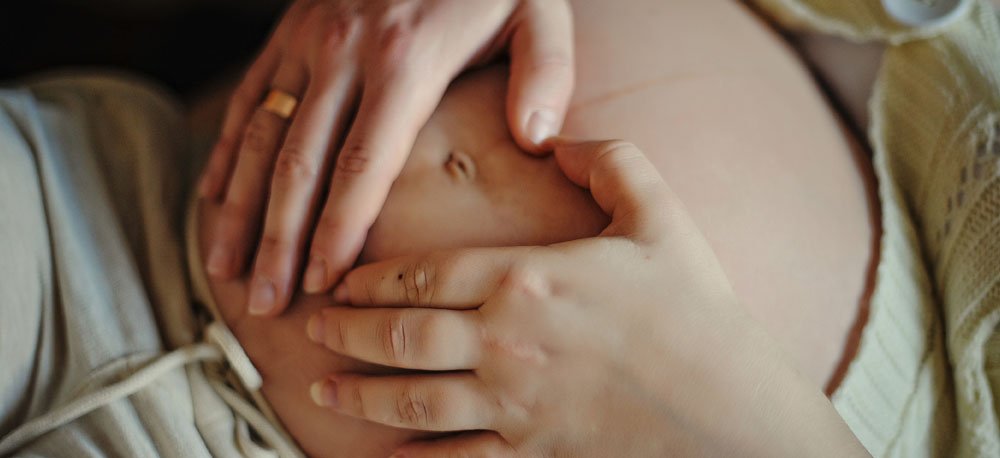-
August 29, 2021
-
0


Long COVID explained. Are you at risk?
Covid-19 has taken its toll on the healthcare infrastructure globally and nowhere is it more apparent in India. The struggles of finding oxygen cylinders, concentrators, hospital beds, and ICU beds with ventilators have made the health crisis impossible to ignore and the focus of the nation’s attention.
Accounts of recovered Covid-19 patients and various studies around the world, however, seem to signal a more drawn-out, lingering struggle. Though there isn’t an exact definition for “Long COVID,” it is synonymous with the long-term impact of Covid-19 even after a patient tests negative for it. While Covid-19 symptoms seem to pass for most people after recovery, some seem to suffer the effects of the illness weeks and even months after the initial infection. New studies show that both the elderly and the young are susceptible to Long COVID.
Here, we discuss Long COVID in detail, the risks, its symptoms, and how to manage the condition.
What is Long COVID?
Long COVID is a term that describes the post-Covid-19 symptoms experienced by patients much after they have recovered from the initial infection. While most people with mild to moderate infections recover within 2 weeks, Long COVID patients experience post-Covid-19 complications that persist for months. Though there isn’t a precise duration that is used to define Long COVID, symptoms that persist for 8-12 weeks and beyond are generally considered to qualify for Long COVID. People suffering from these symptoms are known as long-haulers.
Research from multiple studies and on-ground emerging testimony from medical professionals identify two main groups of long-term symptoms: respiratory and multi-organ. Respiratory symptoms such as breathlessness and cough are most common and also include lung fibrosis, headaches, and fatigue. The second group of symptoms affects many organ systems of the body, including the heart, the nervous system, kidneys, and more. In the study from COVID Symptom Study app (UK), 4182 people reported long-term symptoms such as cognitive impairment (or “brain fog”), anxiety, heart palpitations, numbness, and “pin and needles.”
How many people get Long COVID? Who is at most risk?
Details regarding the number or proportion of people that suffer from Long COVID are still emerging. People with comorbidities, however, are a group at risk in particular.
A study by the Stanford School of Medicine found that more than 70% of patients hospitalised for Covid-19 suffered various symptoms months after recovering from the initial infection.
In a study led by the University of Leicester of over 1000 participants who had required Covid-related hospitalisations reported that 70% patients did not make a full recovery 5 months after being discharged. Nearly 18% of those who were working before contracting Covid-19 could no longer continue working afterward. A further 19% reported having undergone a health-related change at their workplace.
According to the estimates provided by the Office for National Statistics, 20% of long-haulers in the UK found their daily activities and quality of life severely impacted by Long COVID symptoms.
Studies are showing that it is not only the hospitalised patients with moderate to severe COVID that are susceptible to Long COVID, but non-hospitalised patients with milder cases as well. As per a survey conducted by the US CDC (Centers for Disease Control and Prevention), 35% of non-hospitalised patients with mild Covid-19 suffered various symptoms well after 21 days. This includes patients in the 18-34 age group where 20% reported ongoing symptoms.
Overall, research shows that nearly 33% of non-hospitalised Covid-19 patients will be experiencing Long COVID symptoms up to 3 months later, and some for even 6 months or longer. In comparison, only 10% of flu patients are still sick after 14 days.
What are the symptoms of Long COVID?
Many Long COVID patients experience the same Covid-19 symptoms from their initial infection, albeit for months. Post-Covid-19 symptoms can range from 4-12 weeks for most long-haulers and longer (up to 6 months or more) in rarer cases. Some people can develop new symptoms also, such as hair loss, and undergo cycles of improving and then getting worse.
Symptoms of Long COVID include:
● Fatigue: Severe fatigue and tiredness is a common Covid-19 symptom that, according to researchers, is prevalent in recovered patients weeks after testing negative for the initial illness. Covid-19 severely affects the immune system and the body as a whole, and it is apparent from patient testimonies. Long-haulers complain of long-term fatigue and an inability to resume physical/ daily activities at pre-illness levels for months.
● Anxiety and depression: Covid-19 can put an immense mental strain on patients with the possibility of health levels plummeting in a short span of time. This is worsened in the backdrop of health services under duress with necessary medical resources in short supply—all while isolating or quarantining. This toll on mental health can continue much after the initial recovery (as PTSD in extreme cases) and be exacerbated by other physical post-Covid-19 symptoms.
● Brain fog/ cognitive impairment: Brain fog is a common post-COVID symptom that can severely disrupt the functioning of the central nervous system. Covid-19 can have a direct impact on the brain and when it affects other organ systems as well, this effect is compounded.
Brain fog can interrupt cognitive abilities, resulting in confusion and mental fatigue. It can make it very hard for people to concentrate effectively and focus on tasks.
● Shortness of breath/ dyspnea: Patients can still suffer from an inability to breathe smoothly weeks after recovering from their initial Covid-19 infection. This can indicate fatigue and low oxygen levels in the body and can lead to chest pain if not managed in time.
● Heart palpitations: The immune response to fight the coronavirus infection can cause high inflammation in the body that can damage healthy tissue, including the heart and lungs. Post-Covid-19, this can manifest as rapid or irregular heart rates or palpitations.
● Chest pain: Chest pain post-Covid-19 can happen due to myalgia (muscle pain or soreness) from a severe bout of COVID. This can make the area sore to the touch and movements such as turning or twisting the chest can be painful. Long-haulers can also suffer from non-cardiac or non-specific chest pain that can be sharp or dull. These symptoms can ail recovered patients for weeks.
● Joint or muscle pain
Treatment and support to manage Long COVID
Considering that Long COVID can impact many organ systems, health experts from across the globe and at Sagar Hospitals suggest a multi-disciplinary approach for dealing with Long COVID. Doctors from various disciplines such as infectious diseases, cardiology, pulmonology, and others must work together to focus on increasing the lung capacity and physical strength of Long COVID patients.
Our doctors at Sagar Hospitals suggest pacing yourself, taking adequate breaks, and gradually increasing the amount of exercise to manage breathlessness and fatigue. Flexibility exercises and controlled strength training can help relieve joint and muscular pain. Finally, our experts advise you to not ignore your mental health and to be kind to yourself during recovery.
In light of recent research and numerous testimonies from recovering Covid-19 patients, post-Covid-19 symptoms that stay with people for months after the initial infection may be the next global healthcare challenge. Long COVID has proven to affect not just hospitalised patients but patients suffering mild COVID as well. These lingering post-Covid-19 symptoms can severely impact the daily lives of patients and even affect employment. As more studies are conducted on Long COVID, more information on its impact on recovering patients will come to light.
To find out about multi-specialty and multi-expertise medical teams that focus on providing holistic care to rehabilitate recovering Covid-19 patients, reach out to our experts at Sagar Hospitals.
Contact
JAYANAGAR
BANASHANKARI






